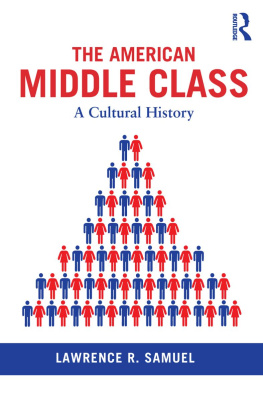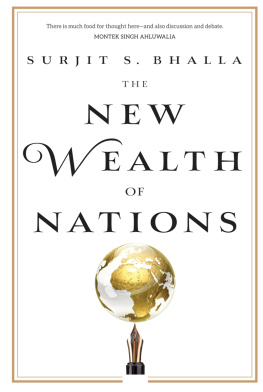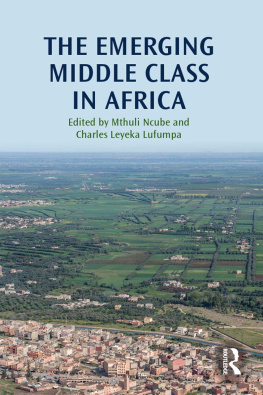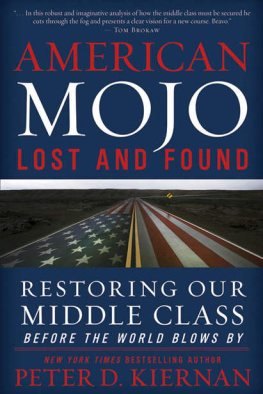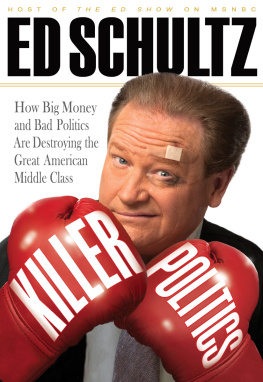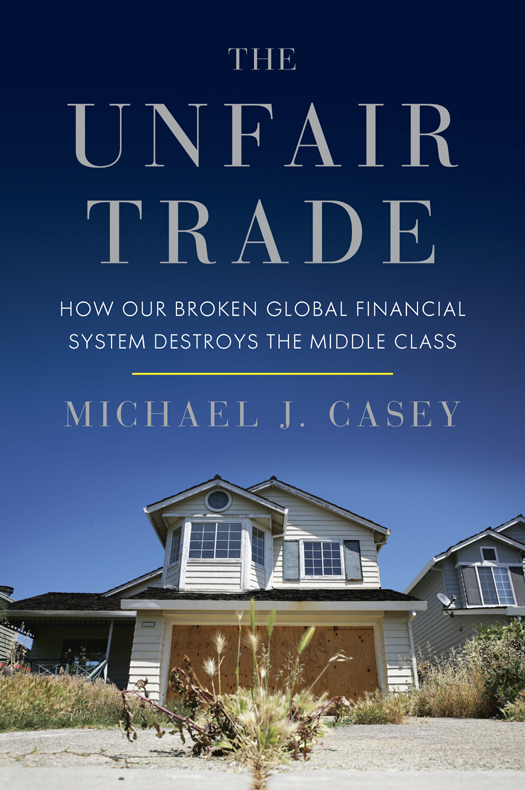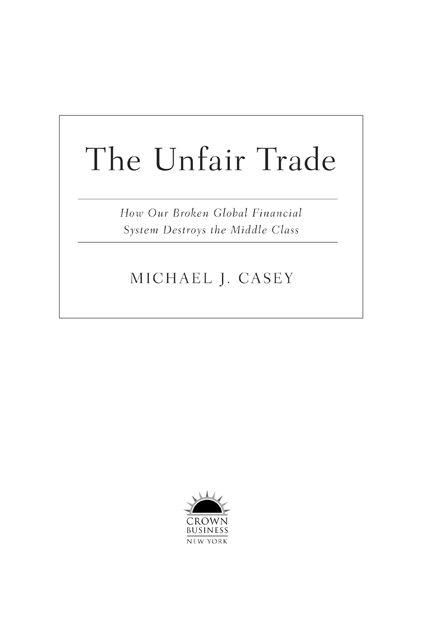Michael Casey - The Unfair Trade: How Our Broken Global Financial System Destroys the Middle Class
Here you can read online Michael Casey - The Unfair Trade: How Our Broken Global Financial System Destroys the Middle Class full text of the book (entire story) in english for free. Download pdf and epub, get meaning, cover and reviews about this ebook. year: 2012, publisher: Crown Business, genre: Politics. Description of the work, (preface) as well as reviews are available. Best literature library LitArk.com created for fans of good reading and offers a wide selection of genres:
Romance novel
Science fiction
Adventure
Detective
Science
History
Home and family
Prose
Art
Politics
Computer
Non-fiction
Religion
Business
Children
Humor
Choose a favorite category and find really read worthwhile books. Enjoy immersion in the world of imagination, feel the emotions of the characters or learn something new for yourself, make an fascinating discovery.

- Book:The Unfair Trade: How Our Broken Global Financial System Destroys the Middle Class
- Author:
- Publisher:Crown Business
- Genre:
- Year:2012
- Rating:3 / 5
- Favourites:Add to favourites
- Your mark:
The Unfair Trade: How Our Broken Global Financial System Destroys the Middle Class: summary, description and annotation
We offer to read an annotation, description, summary or preface (depends on what the author of the book "The Unfair Trade: How Our Broken Global Financial System Destroys the Middle Class" wrote himself). If you haven't found the necessary information about the book — write in the comments, we will try to find it.
The trillions of dollars that make up the flow of international financemoney that is often steered away from the people who deserve it the mosthave not just undermined the lives of working and middle class Americans. It is a world-wide phenomenon that is changing the culture of Argentina; destroying the factory system in Northern Mexico, enabling drug cartels to recruit thousands of young men into their gangs; that has taken down the economies of Iceland, Ireland, Spain, Greece, and possibly Italy; and is driving American companies such as a 60-year-old family owned manufacturer of printed circuit boards to shutter all but one of its factories.
Veteran journalist Michael Casey has traveled the worldfrom China to Iceland, Spain to Argentina, Indonesia to Australiarecounting extraordinary stories about ordinary people from one continent to another whose lives are inextricably linked. By tracing the flow of money and goods across the world, he illustrates how an American homeowners life is shaped by the same economic and social policies that determine those of a low wage migrant worker on an assembly line in China. This combination of financial acumen, narrative-driven reporting, and compelling story-telling gives The Unfair Trade a unique human angle.
Casey shows that our economic problems are largely caused by political agendas that prevent the free market from encouraging fair competition and impeding the allocation of resources. Until governments work together to make this global system more efficientuntil China removes incentives for its citizens to save excessively, for example, or the U.S. ends the de facto subsidies enjoyed by politically powerful banksthe global playing field will remain lopsided, job creation will lag, and our economies will be vulnerable to new crises.
Michael Casey: author's other books
Who wrote The Unfair Trade: How Our Broken Global Financial System Destroys the Middle Class? Find out the surname, the name of the author of the book and a list of all author's works by series.



